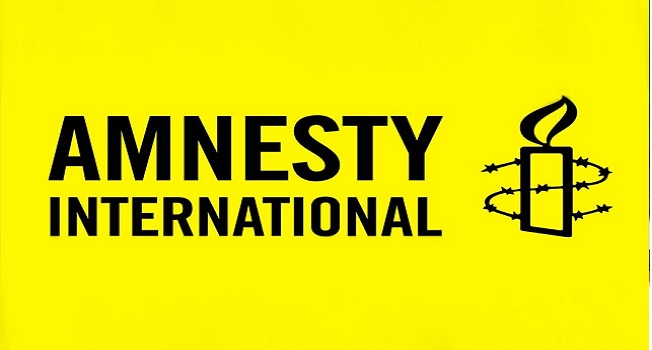Amnesty International has praised the Nigerian Government’s decision to reject the proposed sale of onshore assets by the Shell Petroleum Development Company.
Recently, the Federal Government, through the Nigerian Upstream Petroleum Regulatory Commission (NUPRC), turned down the planned $1.3 billion sale of Shell’s onshore oilfields to the Renaissance Group, citing the buyer’s lack of qualifications to manage the assets.
During a press conference in Port Harcourt, Mark Dumett, the Head of Business and Human Rights at Amnesty International, stated that any multinational oil company looking to divest from the Niger Delta must take responsibility for decades of human rights abuses associated with oil spills that have polluted the region’s environment.
On January 16, 2024, Shell announced its intention to sell its Nigerian onshore subsidiary, the Shell Petroleum Development Company of Nigeria Limited (SPDC), to Renaissance, a consortium of five companies including four Nigerian exploration and production firms and an international energy group.
The completion of the $1.3 billion transaction was contingent upon approvals from the Federal Government of Nigeria and other conditions.
In April, the federal government, via the NUPRC, established a divestment framework to evaluate applications for ministerial consent regarding SPDC. This framework consists of seven key pillars and aims to guide similar interventions in the country.
While other multinational oil companies have successfully executed their divestments, the NUPRC recently rejected Shell’s application to sell its onshore assets in Nigeria, stating that the prospective buyer lacks the capability to manage them.
Dumett emphasized that the federal government must prioritize human rights protections by holding Shell accountable for oil spills and ensuring the company commits to financing cleanup efforts in the Niger Delta.
He added that while Shell is likely to continue advocating for the proposed sale, the Nigerian Government must not allow the company to evade its responsibility for remediating the contaminated environment, including polluted drinking water and tainted agricultural land in the Niger Delta.



